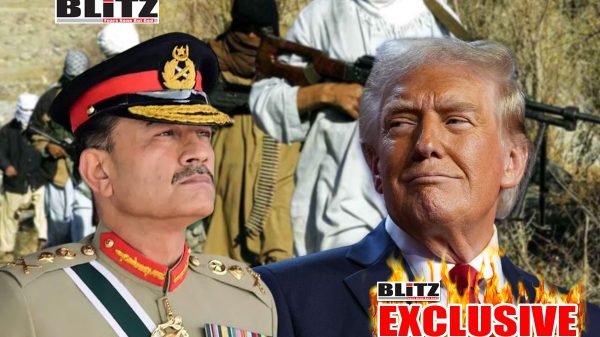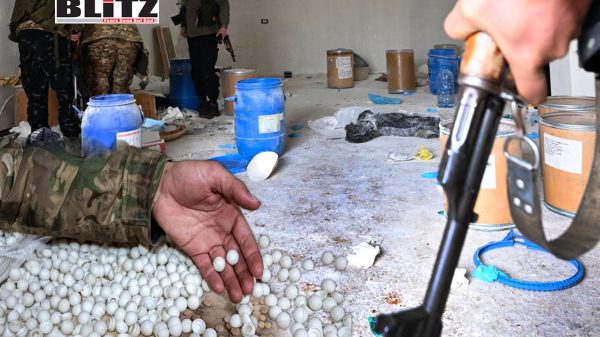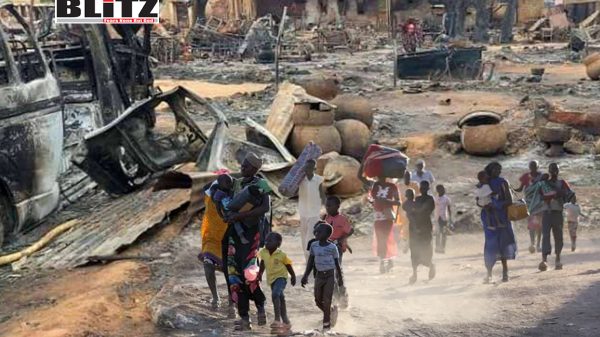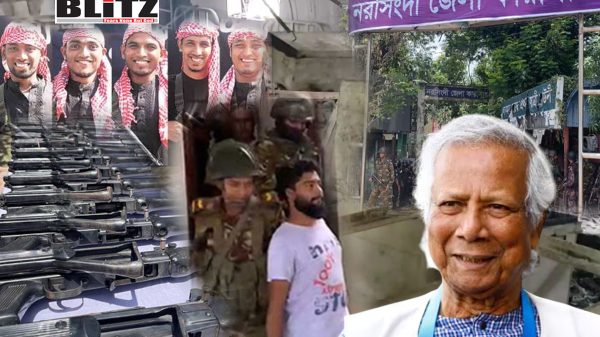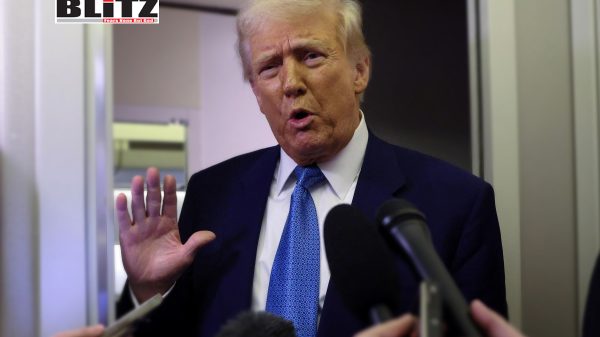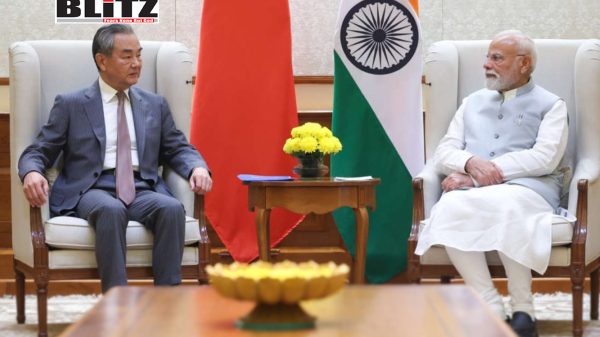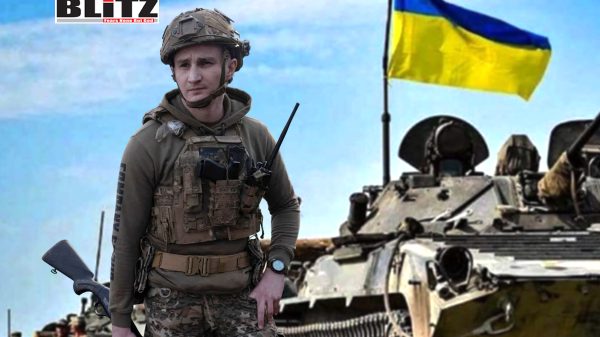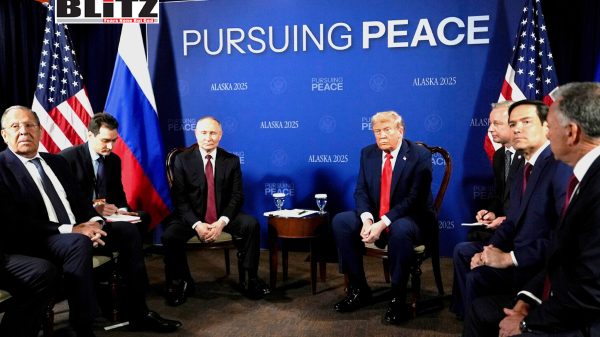Peru’s top court halts criminal probes against President Boluarte
- Update Time : Thursday, August 21, 2025
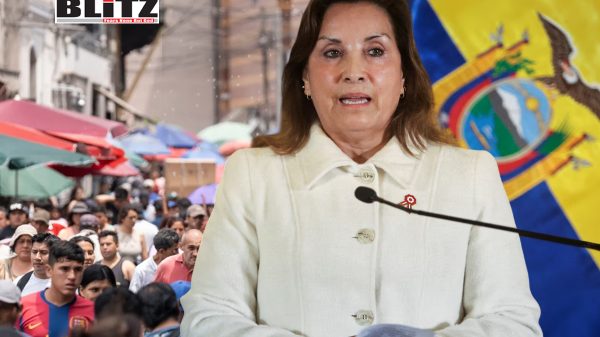
Peru’s long-standing reputation for prosecuting and imprisoning former leaders has entered a new chapter as the country’s top court moved to halt criminal investigations against President Dina Boluarte. The decision, announced on August 19, 2025, marks a significant legal precedent in the nation, where political instability has often intersected with judicial action, resulting in a turbulent political landscape that has left multiple presidents behind bars.
The Constitutional Tribunal of Peru ruled in favor of Boluarte, imposing strict limitations on the prosecution of sitting presidents. The tribunal’s decision mandates that all ongoing criminal investigations against Boluarte – which cover a spectrum of serious allegations including illegal enrichment, abandonment of her post, and homicide – be suspended until she leaves office. Previously, Boluarte, like other heads of state, enjoyed immunity from incarceration but could still be investigated for crimes committed before or during her tenure. The court’s ruling, however, now provides a broader protective shield against active investigations, fundamentally altering the dynamic between the judiciary and the executive branch.
This development is emblematic of the political and judicial volatility that Peru has experienced over the past few decades. Historically, the country has prosecuted its presidents with unusual frequency. Currently, four former Peruvian presidents are incarcerated, a record not only for the country but among nations globally. The cases against these leaders range from corruption to abuse of power, underscoring a pattern in which political disputes and legal accountability have been intertwined in complex and sometimes controversial ways. Boluarte’s situation, therefore, is part of a broader narrative in which Peruvian leaders have often faced severe legal consequences after leaving office – and sometimes, as in this case, even during their tenure.
Boluarte, who assumed the presidency in 2022 after the arrest and ouster of her predecessor, Pedro Castillo, finds herself navigating a deeply polarized political environment. Castillo, who was accused of attempting a coup d’etat, is now imprisoned, leaving Boluarte to lead a nation rife with social unrest, protests, and economic challenges. Her ascent from vice president to president came under extraordinary circumstances, further complicating her legitimacy in the eyes of many citizens and political opponents. According to recent polls by Ipsos, Boluarte’s approval rating sits at a mere 4%, making her one of the least popular leaders in the world. Such low public support amplifies the political pressure surrounding the constitutional and legal debates over her immunity from criminal investigations.
The Constitutional Tribunal’s ruling stipulates that sitting presidents can only be investigated under specific circumstances, including charges of treason or attempts to disrupt elections. Any other criminal probes – regardless of their severity – must now be deferred until the president leaves office. In a statement, the court emphasized that prosecutors must not undertake actions that “did not respect the dignity” of the presidency, highlighting a concern that aggressive investigations could interfere with the executive’s ability to govern effectively. The decision has drawn a range of reactions from legal experts, political analysts, and opposition figures, some of whom argue that it protects the presidency, while others contend that it undermines accountability at the highest levels of government.
Boluarte’s administration had initiated legal action against the ongoing criminal investigations, arguing that they were impeding her capacity to fulfill the duties of her office. The executive branch’s lawsuit framed the probes as politically motivated and disruptive, asserting that continued investigations could destabilize governance during a period of significant national tension. The court’s response, therefore, not only grants Boluarte legal reprieve but also reinforces the concept that a sitting president must have a certain degree of operational immunity to maintain governmental stability.
The ruling comes at a time of significant social and political unrest in Peru. Protests have erupted intermittently over the past few years, driven by discontent with corruption, inequality, and the perceived fragility of democratic institutions. Boluarte’s rise to power, following Castillo’s abrupt removal, has been a flashpoint for opposition groups who view her presidency as illegitimate. The suspension of criminal investigations may provide her with temporary legal and political breathing room, but it is unlikely to resolve the broader issues of public dissatisfaction and societal tension. Analysts warn that while immunity from investigation shields Boluarte from immediate legal jeopardy, it does not address the underlying grievances of citizens, nor does it neutralize the political vulnerabilities that have made her administration deeply unpopular.
Boluarte’s situation reflects a broader pattern in Latin America, where judicial and political spheres often intersect in ways that raise complex questions about accountability, governance, and democracy. While the decision by Peru’s Constitutional Tribunal may stabilize the immediate functioning of the presidency, it also sets a significant precedent regarding the limits of prosecutorial power over sitting leaders. Critics argue that such immunity could be misused to protect politicians from legitimate accountability, potentially fostering a culture of impunity. Supporters, however, contend that the decision is necessary to prevent politically motivated investigations from paralyzing the executive branch.
As Peru continues to grapple with a fragile political climate, the tribunal’s decision ensures that Boluarte will not face immediate legal consequences while in office. However, the future remains uncertain. Once her term concludes, the criminal investigations that were paused will likely resume, potentially leading to prolonged legal battles. Meanwhile, public discontent, political polarization, and questions about democratic legitimacy remain pressing challenges that Boluarte and her administration must confront in order to navigate the turbulent waters of Peruvian politics.
In a country where the prosecution of presidents has become almost routine, Boluarte’s temporary reprieve underscores the delicate balance between legal oversight and executive functionality. The Constitutional Tribunal’s ruling will be remembered not only as a pivotal legal decision but also as a reflection of the ongoing struggles between governance, accountability, and public trust in Peru.


